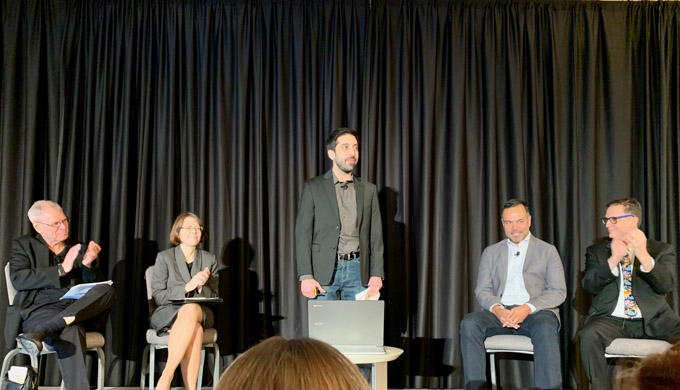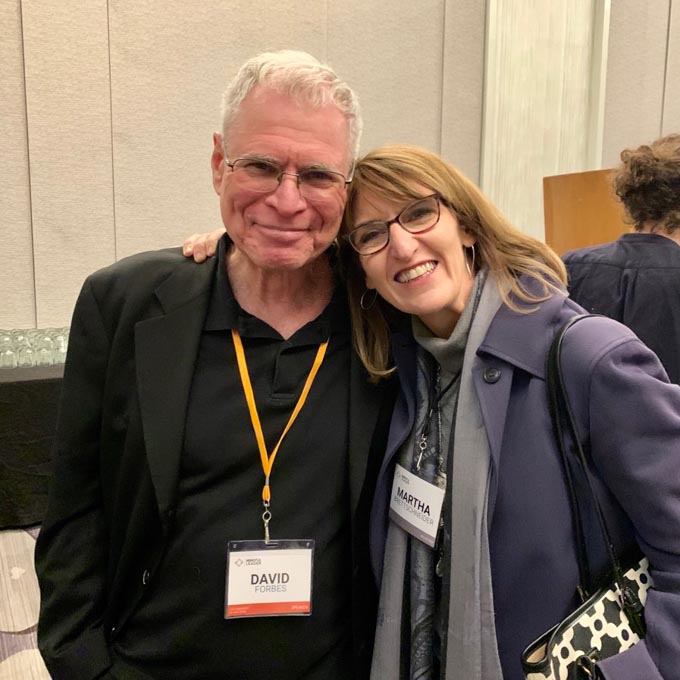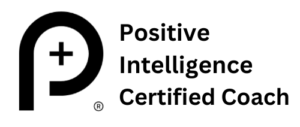
Whether it’s around the Thanksgiving table with family or at social events with friends, acquaintances, and strangers, the holidays bring us face to face with people who don’t share our views on everything. No matter how nice and accepting of others you think you might be, the human brain labels everyone we meet as either part of our in-group or our out-group.
At the 2019 Mindful Leadership Summit in Washington, DC., Mo Edjlali, the visionary president of Mindful Leader and mastermind of the Mindful Leadership Summit, conceptualized and facilitated a debate between critics and pioneers of the mindfulness movement. What ensued was an experiential opportunity to deepen my personal awareness of the neuroscience of “other-ing” and how to move beyond it.
On the stage to debate “Capitalism, Religion, Ethics, and the Future of Mindfulness” were Professor David Forbes, a vocal critic of the state of mindfulness and the threat of what some refer to as “McMindfulness” (shallow use of mindfulness to simply increase productivity for the advancement of profit and dampen forces for institutional change at the systemic level), and Professor Candy Gunther Brown, an expert witness in four legal disputes against mindfulness training in public schools.
Representing the pioneers of mindfulness for social change were Barnaby Spring, who leads one of the largest Mindfulness in Education programs in the world for the New York City Department of Education, and Rich Fernandez, who helped launch the Search Inside Yourself (SIY) program at Google and is now the CEO of the Search Inside Yourself Leadership Institute. (Full disclosure – I am a Search Inside Yourself Certified Teacher. This post, however, is not about the pioneers.)
As I sat in the audience, I couldn’t believe I was actually in the same room with David Forbes, whose McMindfulness arguments have hit very close to home for me. As a non-Buddhist former economist who often frames mindfulness benefits in terms of efficiencies, teaching a program that was developed and tested at Google (but is now an independent non-profit), I have grappled over the years with whether I was guilty of being one of those evil “not Buddhist enough” happiness industry abusers that David writes about.
Let the Games Begin!
I couldn’t wait for “my guys” (Rich and Barnaby) to take down “the enemy” (our critics). I noticed the feeling of adrenaline coursing through my body. Maybe this was what boxing fans feel like before a big match.
WAIT!!! I’m sitting at a mindfulness conference! Not only that, I’m a mindfulness teacher!
The instant I noticed what was happening, I laughed out loud. My brain was doing what human brains do – trying to protect me by labeling David Forbes as “the bad guy.” It felt better to believe that I’m right and he’s wrong. Not only is it easier to feel “right,” fMRI brain scans have shown that it’s harder to feel empathy for people in our out-group.
Although I have expanded the boundaries of my perceived in-group through empathy and compassion practice over the past decade, strongly critical voices from smart people like David Forbes and Candy Gunther Brown still trigger my threat response and keep them in that “other” (out-group) category in my mind.
I believe it was Chinese general Sun Tzu who wrote, “Know thy enemy and know thy self” in The Art of War. I cringe at the realization that the word “enemy” came up in my inner dialogue as I waited for the debate to begin, but simply noticing what was happening in the moment moved me into deeper self-awareness.
The very first round of introductory remarks broke the ice, when it was David Forbes’ turn to speak. He scanned the audience and instead of “coming out fighting,” he said, “I feel like the grumpy cat in a happy canine convention.”
My heart softened in an instant. It’s hard to explain the collective energy of conscious joy and optimism in the air at a mindfulness conference, especially at the Mindful Leadership Summit, which showcases the work of mindfulness change agents in business, government, organizations, and communities. It took a lot of courage for our critics to show up on that stage.
Here’s the thing though – despite the seemingly wide rift between the “sides,” common ground emerged. Assumptions were clarified, positions that had seemed cut in stone got a little blurrier. I’ll limit my comments here to the exchange between David and Rich (and David and myself) and will come back to Barnaby and Candy in another post.
David and Rich found they both agreed that Milton Friedman’s competition- and bottom line-based worldview is no longer working. Both agreed that the machine needs fixing. David’s concern is that many commercial mindfulness programs don’t go deep enough and can, in fact, hinder positive social change.
Rich argued that instead of social degradation, mindfulness can serve as the moral and ethical foundation for business and society. He cited Marvin Riley, President and CEO of EnPro Inc. and an earlier speaker at the Summit, who described moving his company from ego-centric to eco-centric.
Rich agreed with David that we need more inquiry into the sources of stress in the system. Mindfulness, empathy, and compassion (core skills that quality mindfulness programs train) are necessary but not sufficient to bring about the structural and institutional evolution that all of us in that room hoped to witness. At the same time, Rich continued, awareness of our own individual experience and personal growth are essential for community and organizational transformation. Both need to happen at the same time.
My One-on-One With My Critic
Later in the day I attended David’s solo presentation. I approached him after his talk, explaining that I was probably the type of person his critiques targeted (reviewing my non-Buddhist, economist background, teacher of Search Inside Yourself – the program he viewed as tainted by its Google origins).
I shared that despite these “shortcomings,” my mindfulness practice has led me to become more politically active, not less. I’ve become more courageous about speaking up and taking mindful action. I explained that the Search Inside Yourself curriculum includes not only focus training and other skills that support productivity, but also compassion and empathy practices that deepen connection and support mindful leadership. People like me, I continued, need a practical gateway to mindfulness, which then takes on its own momentum in life-changing ways.
David listened, nodding as I spoke, acknowledging that, “Sometimes it works for people.”
I finally just came out with the big question: “Based on what I’ve just shared with you, am I McMindfulness?”
“No,” he said with a smile, “you are not McMindfulness.”
YAY! And with that, our not-so-grumpy cat suggested we get a picture…



